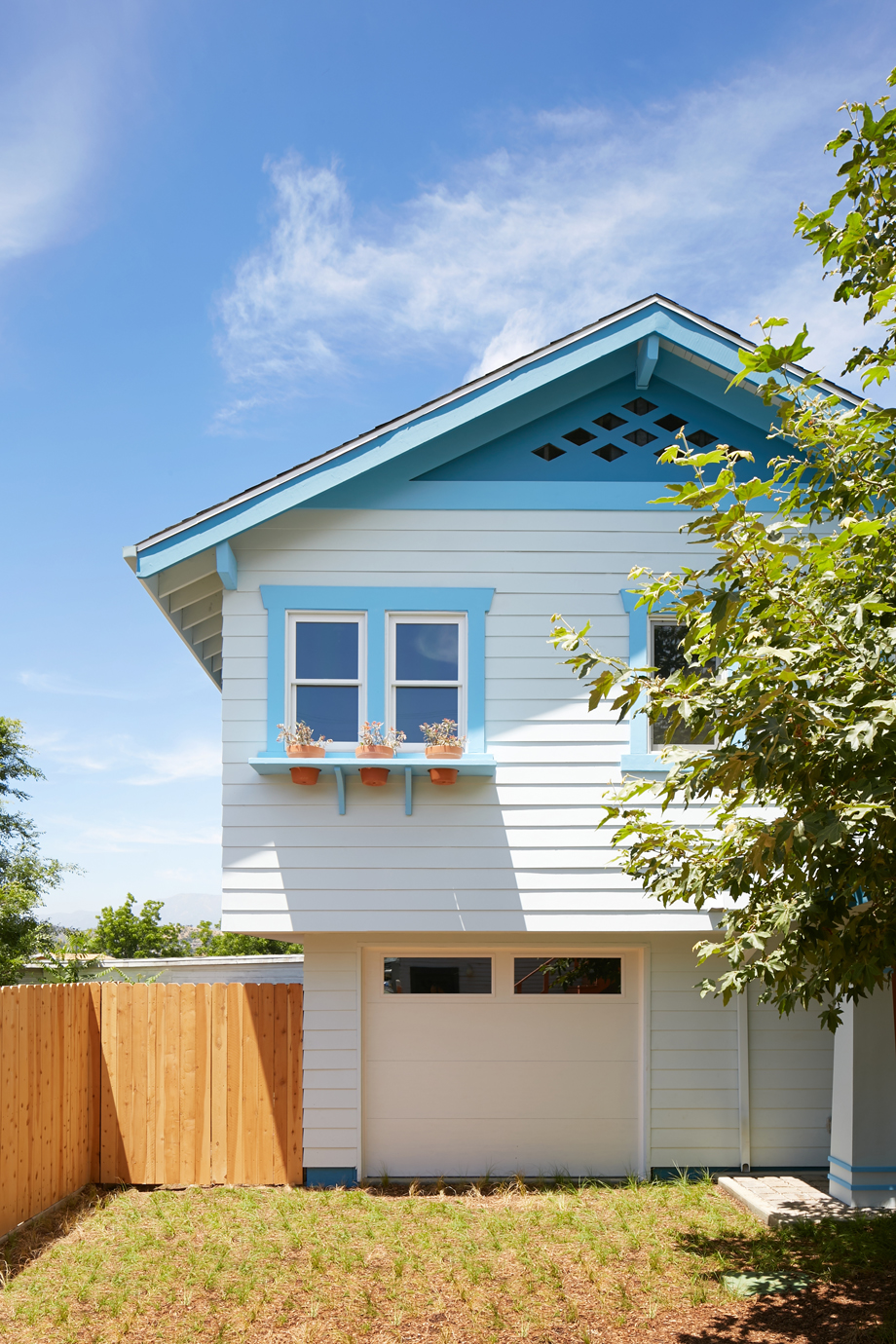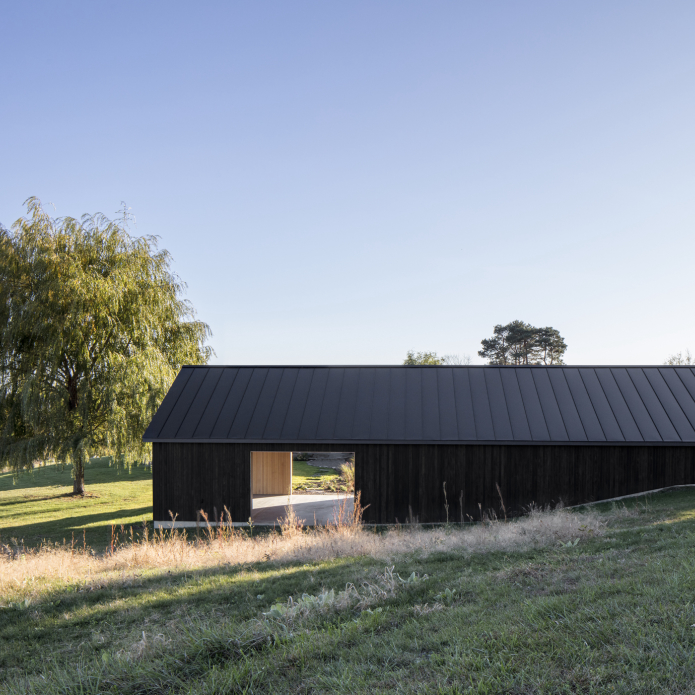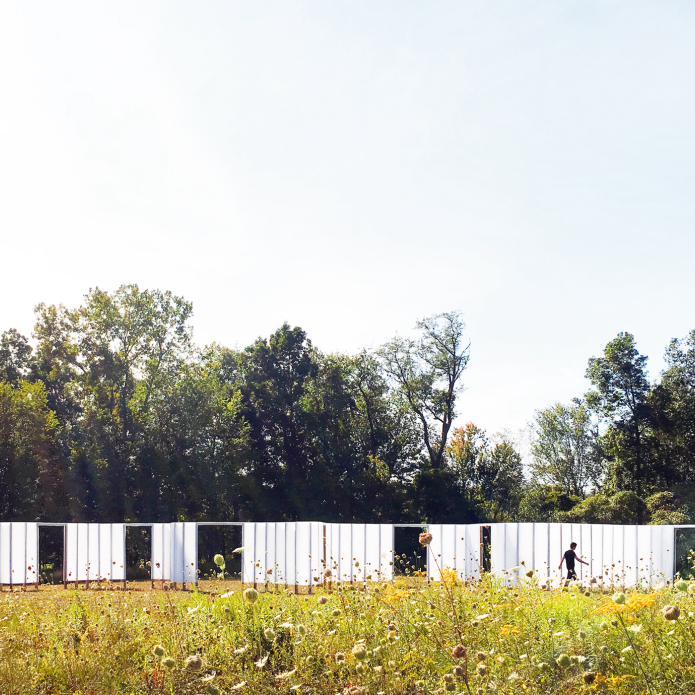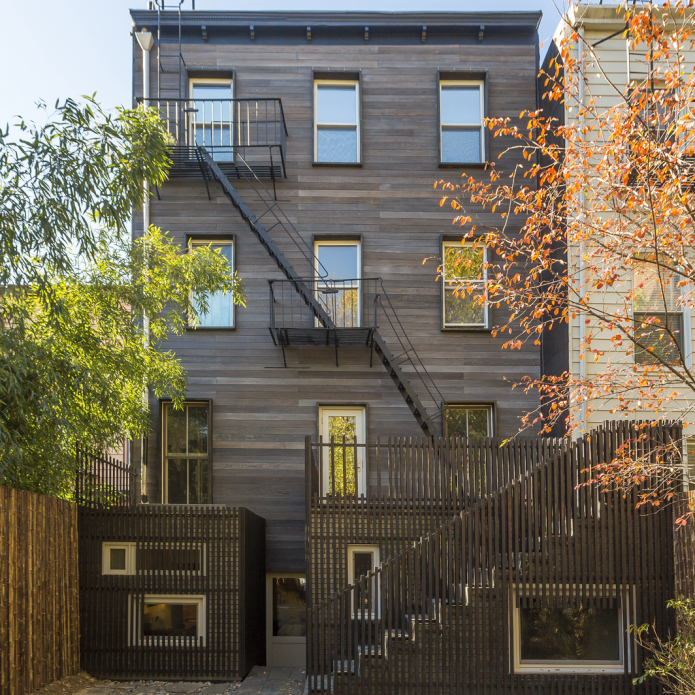
“I’ve always been interested in people’s abilities to shape their own environments,” says architectural designer Chazandra Kern. “Design should be equitable and accessible. Everyone in the process should have a voice.” At Los Angeles nonprofit LA Más, the young talent has found her peers. Having joined the place-based studio in 2015, Kern has been heading its Backyard Homes Project, which helps alleviate the city’s housing shortage one accessory dwelling unit—or granny flat—at a time. The Northern California native and University of Oregon graduate assists Angelenos in navigating city permitting, designing, building and leasing said ADUs in their own backyards to low-income tenants. The replicable process has, in turn, inspired community organizations in other cities to follow suit for their neighbors.
“Our overall mission is to design and build initiatives that promote neighborhood resiliency and elevate the agency of working-class communities of color,” she explains of the hybrid organization— combining design, community development and community engagement—which focuses its efforts on Northeast LA and empowers residents to gain “equitable access to the power and resources to shape their future.” During the early months of the COVID-19 pandemic, LA Más began a phone tree to ask 1,000 Frogtown residents how it could help. Requests flooded in for food access, PPE and cash assistance. Realizing that these issues are long-term, and only exacerbated by the health crisis, Kern and her coworkers are evolving the nonprofit to serve these needs and abolish their systematic causes, both through design and policy.
These are topics that the designer has grown quite familiar with this past year. At Cal Poly Pomona, she co-taught an architectural studio on spatial justice with LA Más co-executive director and cofounder Elizabeth Timme. She also volunteers her time with another nonprofit, Design As Protest, where she helped to develop an anti-racist design justice index written by 200 BIPOC designers. A second-generation Filipina-American, Kern approaches her community work as a listener first. As she explains: “You can only move at the speed of trust.”




